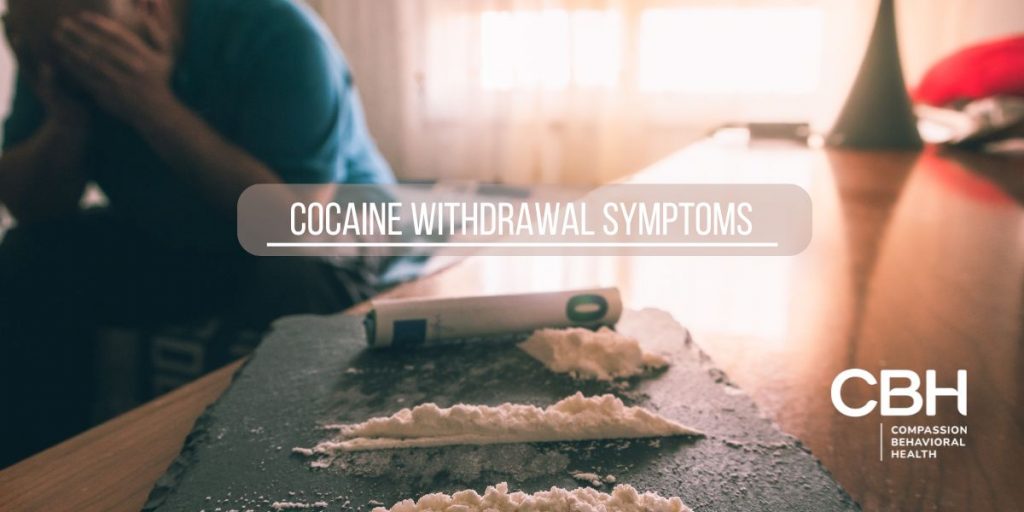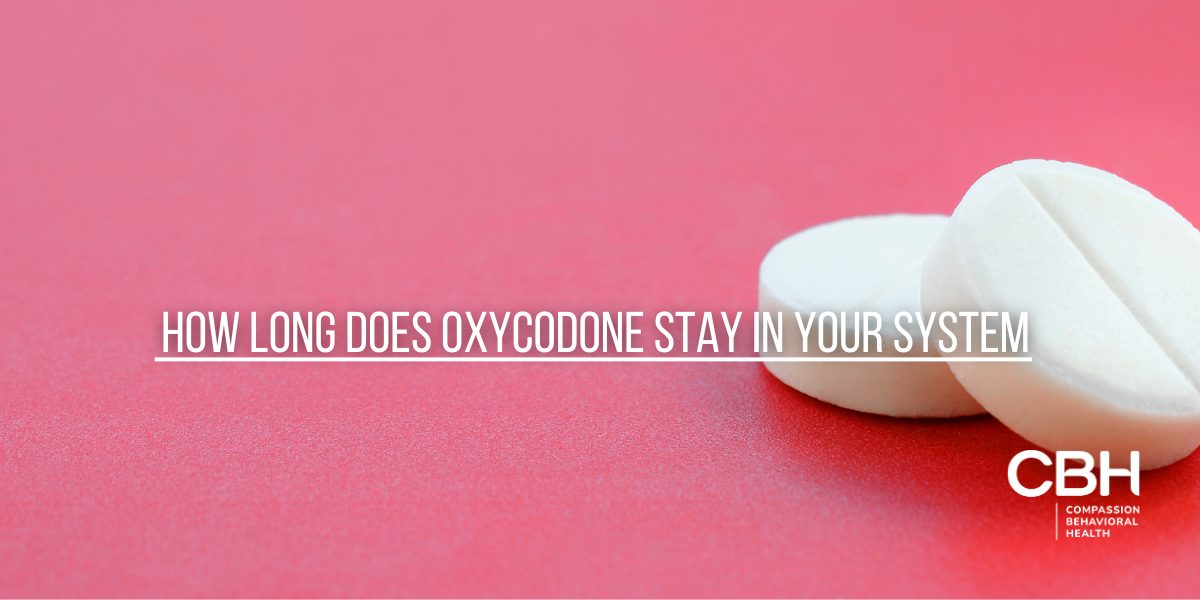Cocaine is a powerful stimulant drug that affects the brain’s reward system, leading to pleasurable sensations and intense euphoria. However, prolonged cocaine use can result in dependence and addiction. When someone becomes dependent on cocaine and abruptly stops using it, they may experience a range of withdrawal symptoms. Understanding these symptoms is crucial for both individuals struggling with addiction and their loved ones who want to support them through the recovery process.
The Science Behind Cocaine Withdrawal
Cocaine withdrawal is a complex process that stems from the drug’s impact on the brain. The brain’s reward system involves the release of dopamine, a neurotransmitter that helps regulate mood and motivation. Cocaine disrupts this system by blocking the reuptake of dopamine, leading to an accumulation and intensification of pleasurable feelings. As the brain becomes accustomed to the excess dopamine caused by cocaine use, it compensates by reducing its natural supply. When cocaine use is discontinued, there is a sudden dopamine deficit, resulting in various withdrawal symptoms.
How Cocaine Affects the Brain
Cocaine acts on the brain by targeting the nucleus accumbens, a key region involved in reward and reinforcement. This area is responsible for the release of dopamine, which plays a crucial role in signaling pleasure. When cocaine enters the brain, it binds to dopamine transporters, preventing the reabsorption of dopamine and causing an accumulation in the synaptic cleft. This flood of dopamine intensifies feelings of euphoria and well-being, contributing to the addictive nature of the drug.
Furthermore, cocaine also affects other neurotransmitters in the brain, such as norepinephrine and serotonin. Norepinephrine is involved in the body’s stress response and plays a role in regulating heart rate, blood pressure, and arousal. Cocaine increases the levels of norepinephrine, leading to heightened alertness and increased energy. Serotonin, on the other hand, is involved in mood regulation and feelings of well-being. Cocaine use disrupts serotonin levels, contributing to the intense pleasure experienced by users.
The Role of Dopamine in Cocaine Use
Dopamine is not only responsible for pleasure but also critical in reinforcing behavior. When an individual uses cocaine, the brain associates the drug with the pleasurable experience, leading to a strong desire to repeat the behavior. Over time, the brain’s reward system becomes altered, resulting in the need for increasing amounts of cocaine to achieve the same level of pleasure. This cycle of drug use and reward sets the stage for addiction and subsequent withdrawal symptoms when cocaine use is discontinued.
Moreover, dopamine is involved in various cognitive processes, including learning and memory. Cocaine use can interfere with these processes, leading to impaired cognitive function. Studies have shown that chronic cocaine use can result in difficulties with attention, decision-making, and impulse control. These cognitive impairments can persist even after the withdrawal phase, making it challenging for individuals to fully recover their cognitive abilities.
Additionally, dopamine plays a role in regulating movement. Cocaine use can lead to motor abnormalities, such as tremors, muscle rigidity, and involuntary movements. These motor disturbances are often associated with long-term cocaine use and can persist during the withdrawal period.
It is important to note that the severity and duration of cocaine withdrawal symptoms can vary among individuals. Factors such as the frequency and duration of cocaine use, as well as individual differences in brain chemistry, can influence the intensity of withdrawal symptoms. Seeking professional help and support is crucial for individuals going through cocaine withdrawal, as it can be a challenging and potentially dangerous process.
Recognizing Cocaine Withdrawal Symptoms
While the severity and duration of cocaine withdrawal symptoms can vary from person to person, there are several common physical and psychological signs to look out for.
It is important to note that cocaine withdrawal is a complex process that affects both the body and the mind. Understanding the various symptoms can help individuals and their loved ones recognize and address the challenges that may arise during this difficult time.
5 Common Physical Symptoms of Cocaine Withdrawal
Cocaine withdrawal often involves intense physical discomfort. Individuals may experience fatigue, increased appetite, insomnia, chills, tremors, muscle aches, and headaches. These symptoms are the body’s response to the sudden absence of cocaine and its effects on key neurotransmitters.
During the withdrawal process from cocaine, the body experiences various adjustments to regain its balance. This can manifest in several physical symptoms, such as:
- Fatigue: With the body used to the stimulant effects of cocaine, its absence can lead to feelings of exhaustion and a general lack of energy.
- Increased Appetite: Cocaine naturally suppresses appetite. Without it, individuals may feel a heightened sense of hunger, which can lead to potential weight gain or unhealthy eating patterns.
- Insomnia: Due to the stimulant nature of cocaine, it can disrupt sleep. When someone stops using it, they might find it challenging to fall or stay asleep, leading to even more fatigue.
- Chills and Tremors: These are among the symptoms that arise as the body attempts to find its new equilibrium without the drug.
- Muscle Aches and Headaches: These discomforts are often temporary and a part of the body’s readjustment phase after ceasing cocaine use.
The symptoms, though distressing, are often temporary and subside as the body finds its balance without the drug’s presence.
4 Common Psychological Symptoms of Cocaine Withdrawal
- Intense Cravings for Cocaine: This is one of the most challenging withdrawal symptoms. The cravings can be so overpowering that they lead to relapse if not adequately addressed. Professional support is essential during this period to teach individuals how to resist these cravings.
- Irritability and Mood Swings: As the brain adjusts to functioning without cocaine, individuals can experience emotional instability. Activities that promote relaxation and emotional wellness can help manage these symptoms.
- Anxiety and Depression: The cessation of cocaine use can disturb the brain’s neurotransmitter balance, resulting in feelings of anxiety and sadness. Seeking professional help is vital to treat these symptoms and formulate a thorough treatment strategy.
- Difficulty Concentrating: Cocaine withdrawal can impair the brain’s cognitive functions. This may make it hard for individuals to focus, recall details, and finish tasks. Over time and with appropriate assistance, cognitive functions can be restored.
In conclusion, it’s essential to recognize both the physical and psychological symptoms of cocaine withdrawal. With professional support and effective coping techniques, individuals can transition through this tough phase and aim for a lasting recovery.
The Timeline of Cocaine Withdrawal
The duration and progression of cocaine withdrawal symptoms can vary depending on factors such as the individual’s physical health, duration of cocaine use, and dosage. However, a general timeline can help provide an understanding of what to expect. The same thing can be said for determining how long cocaine stays in your system.
The Early Stages of Withdrawal
Shortly after discontinuing cocaine use, individuals may experience an initial crash phase. During this stage, they may feel extremely fatigued, irritable, and experience intense cravings for the drug. This phase can last for a few days to a week. Following the crash phase, physical and psychological symptoms may persist but gradually subside over the course of several weeks.
The Long-Term Effects of Withdrawal
While the acute withdrawal symptoms usually subside within a few weeks, some individuals may still experience lingering effects. It is not uncommon to experience intermittent cravings and mood disturbances for months or even years following cocaine withdrawal. This emphasizes the importance of ongoing support and therapy to address these long-term effects and promote sustained recovery.
Treatment Options for Cocaine Withdrawal
Successfully managing cocaine withdrawal often requires a comprehensive approach that combines medical interventions, therapy, and counseling. Working with healthcare professionals and addiction specialists can greatly enhance the chances of a successful recovery.
Medical Interventions for Cocaine Withdrawal
In some cases, medication may be prescribed to help manage specific withdrawal symptoms. For example, antidepressants can be useful in alleviating depression and reducing cravings, while benzodiazepines can assist with anxiety and sleep disturbances. However, it is essential to note that medication alone is not a solution but rather a component of a broader cocaine addiction treatment plan.
Therapy and Counseling Approaches
Therapy and counseling play a pivotal role in addressing the psychological aspects of cocaine withdrawal. Approaches such as cognitive-behavioral therapy (CBT) can help individuals develop coping strategies, identify triggers, and learn relapse prevention techniques. Group therapy provides a supportive environment where individuals can share experiences and receive guidance from others who have undergone similar struggles.
The Importance of Support During Withdrawal
Support from loved ones and the wider community is crucial for individuals going through cocaine withdrawal. Their understanding, encouragement, and empathy can significantly impact the recovery process and help prevent relapse.
Role of Family and Friends in Recovery
Families and friends can provide invaluable emotional support during this challenging time. By educating themselves about addiction and withdrawal, they can better understand what their loved one is experiencing and offer compassion and reassurance. Encouraging the individual to seek professional help and accompanying them to therapy sessions can also demonstrate unwavering support.
Finding Professional Support and Resources
Professional support is vital during the withdrawal and recovery process. Qualified addiction specialists and healthcare professionals can provide guidance, develop personalized treatment plans, and connect individuals with relevant resources and support networks. Support groups, both in-person and online, can also provide a sense of community and understanding.
Get the Top-Rated Cocaine Addiction Treatment Program at Compassion Behavioral Health
Understanding cocaine withdrawal symptoms is crucial for individuals battling addiction and their loved ones. By comprehending the science behind cocaine withdrawal, recognizing the physical and psychological symptoms, and exploring treatment options and support networks, individuals can navigate the challenges of withdrawal and embark on a path to long-term recovery.
Cocaine withdrawal is undeniably a tough journey, fraught with both physical and psychological challenges. But, as with any dark tunnel, there’s a light at the end, and it shines even brighter when backed by knowledge, support, and professional care. Compassion Behavioral Health is committed to lighting the way for every individual on this path. We believe that with the right guidance, tailored interventions, and a nurturing environment, recovery is not just a possibility but a certainty. Our experienced team stands ready to assist, ensuring that every step taken is one that leads towards health, wholeness, and a drug-free life.







